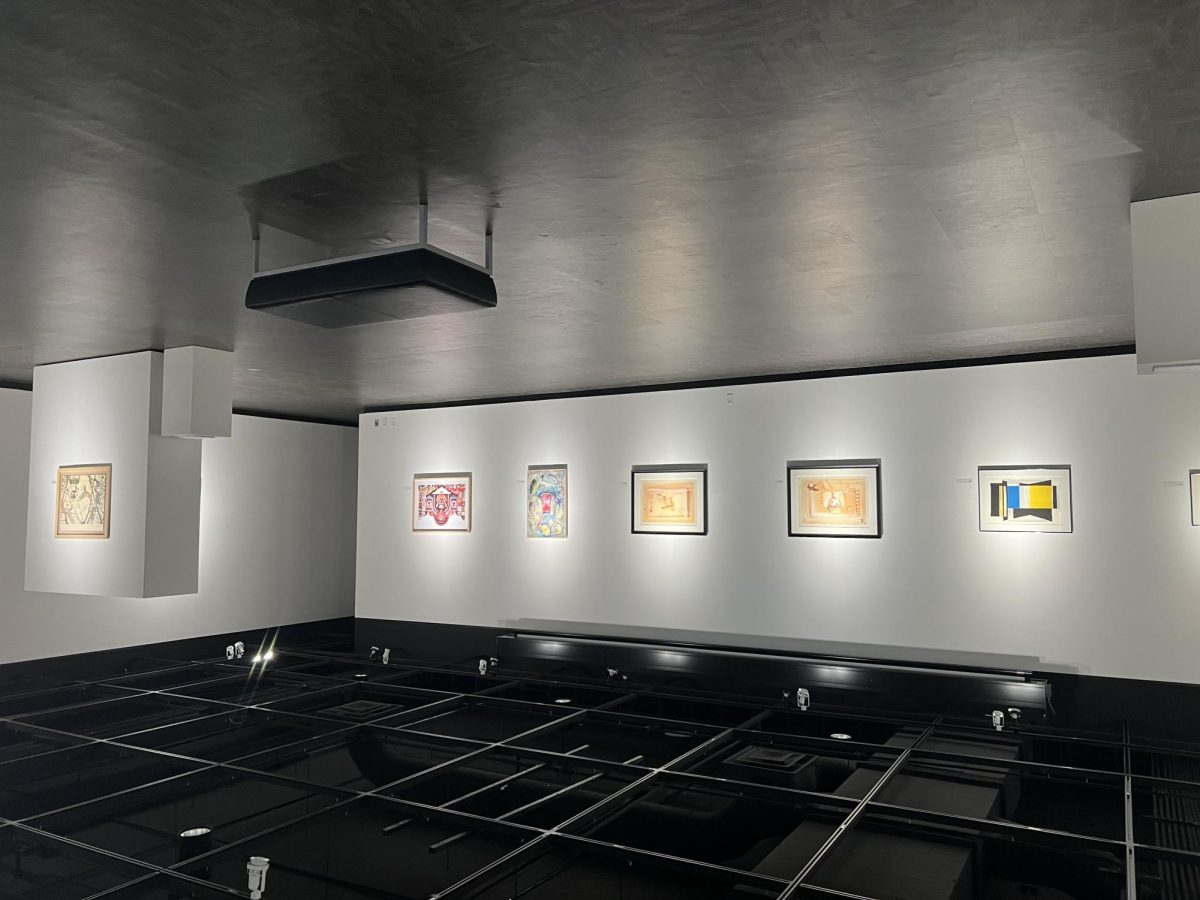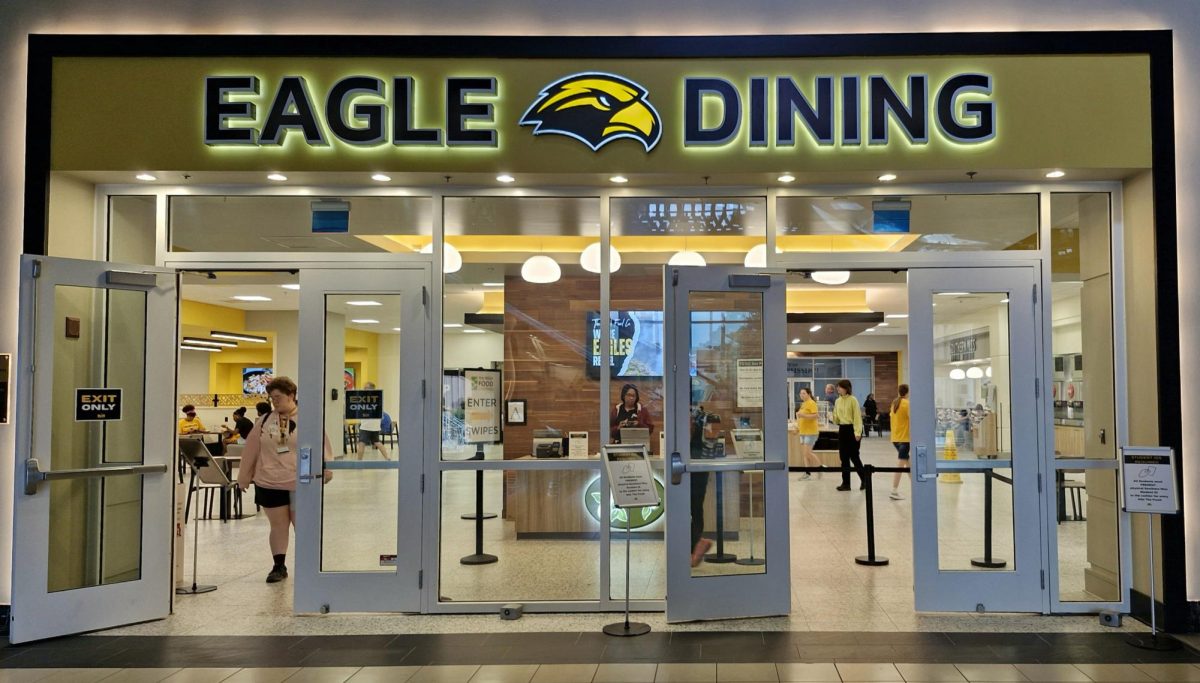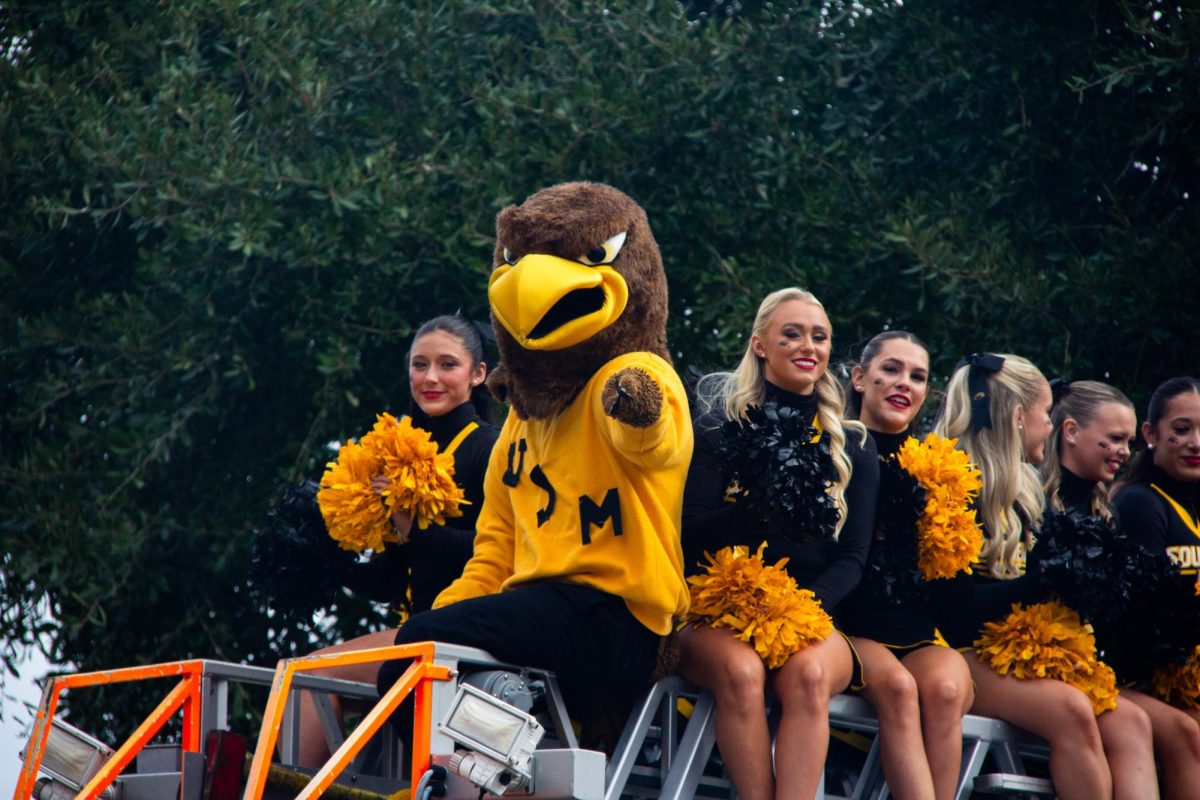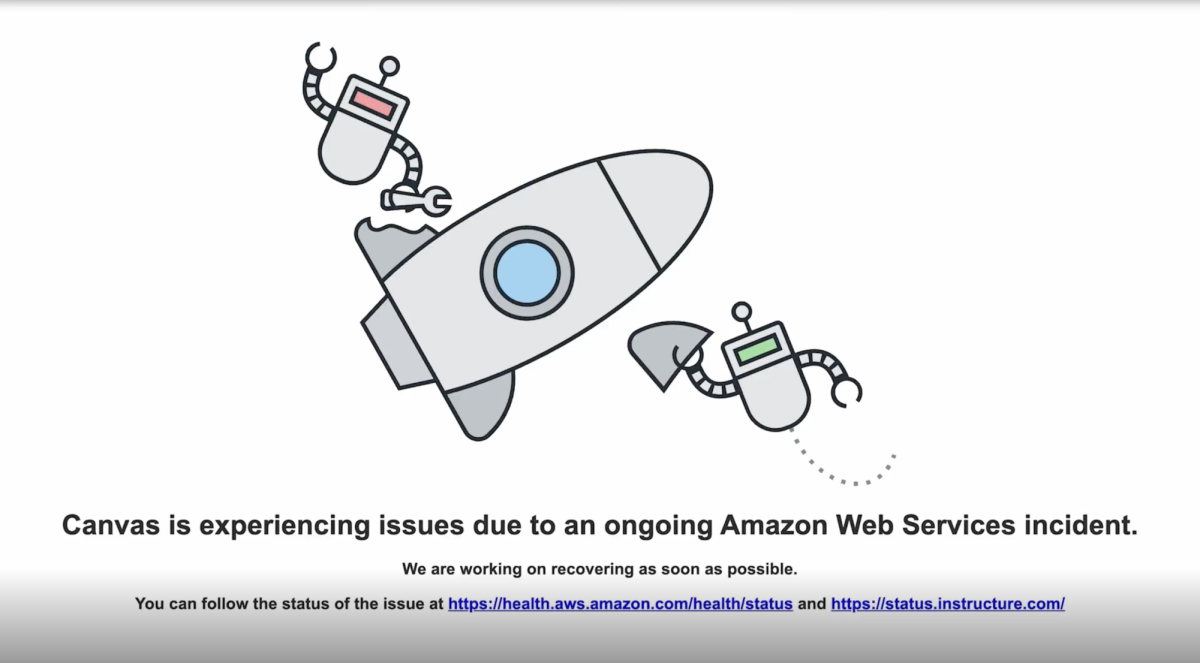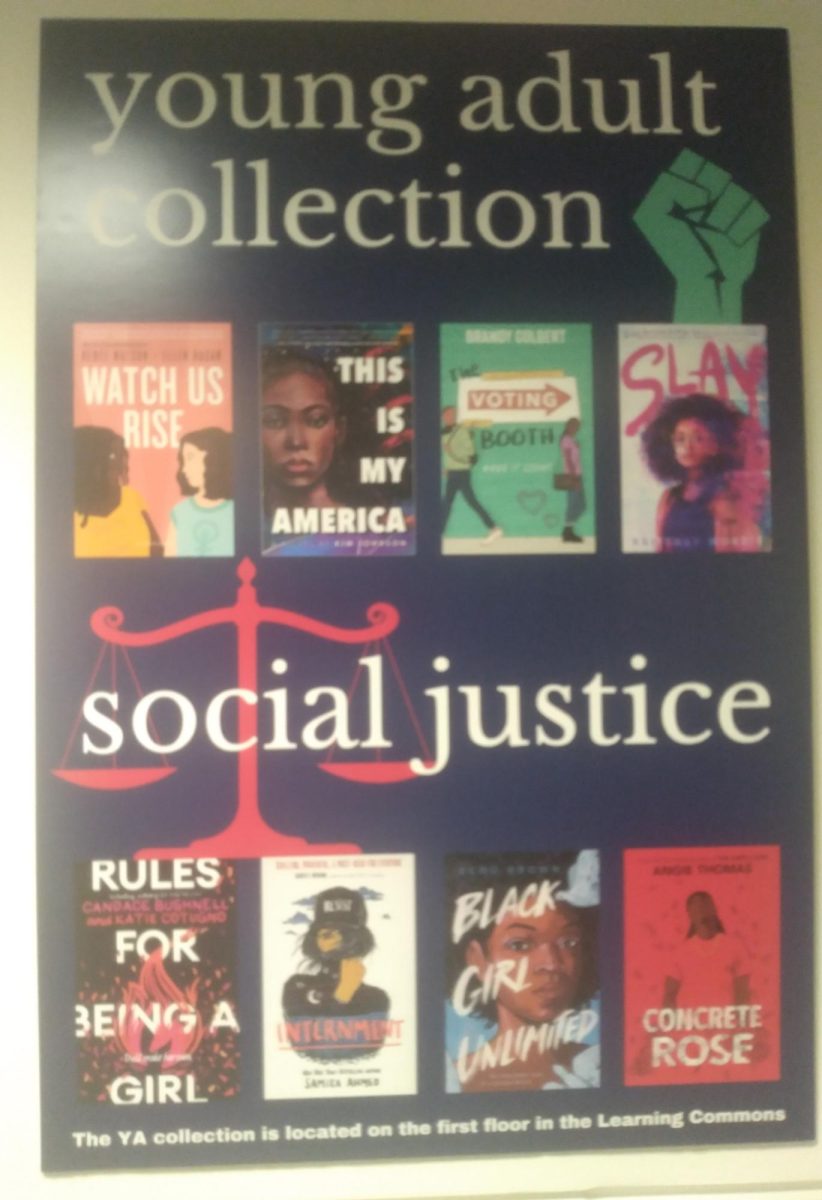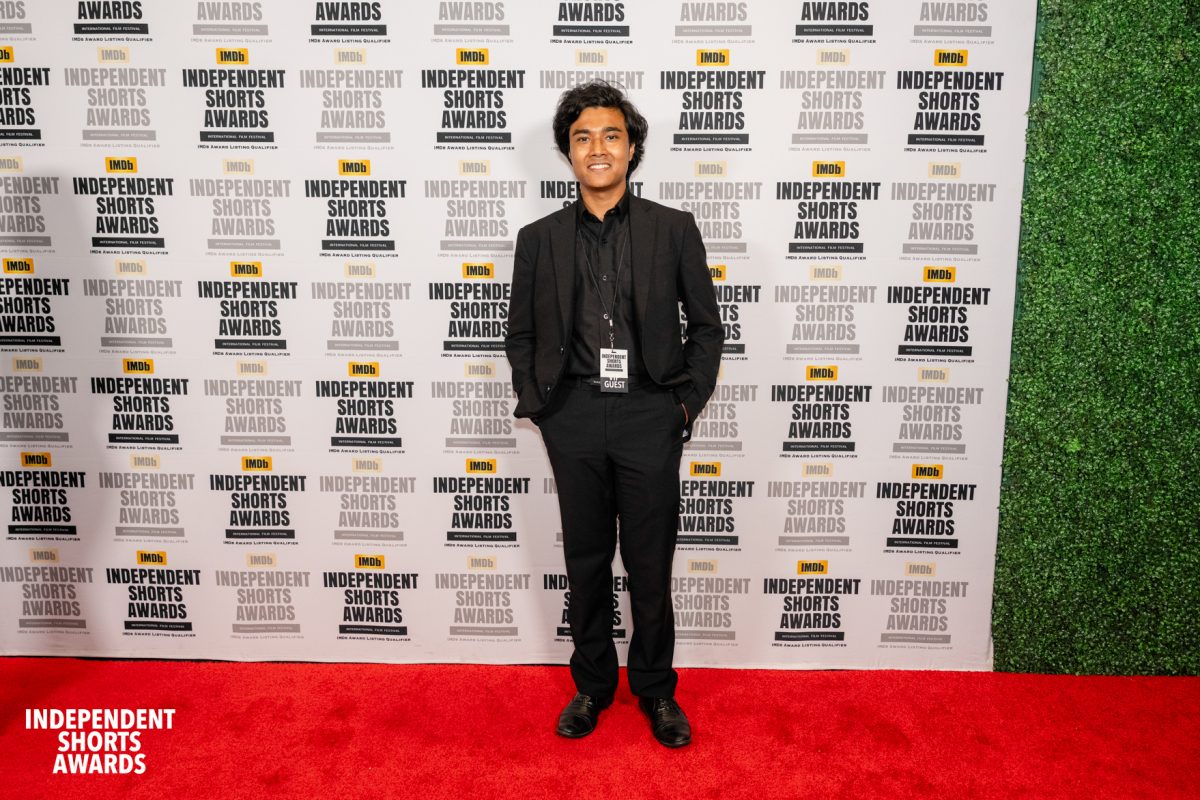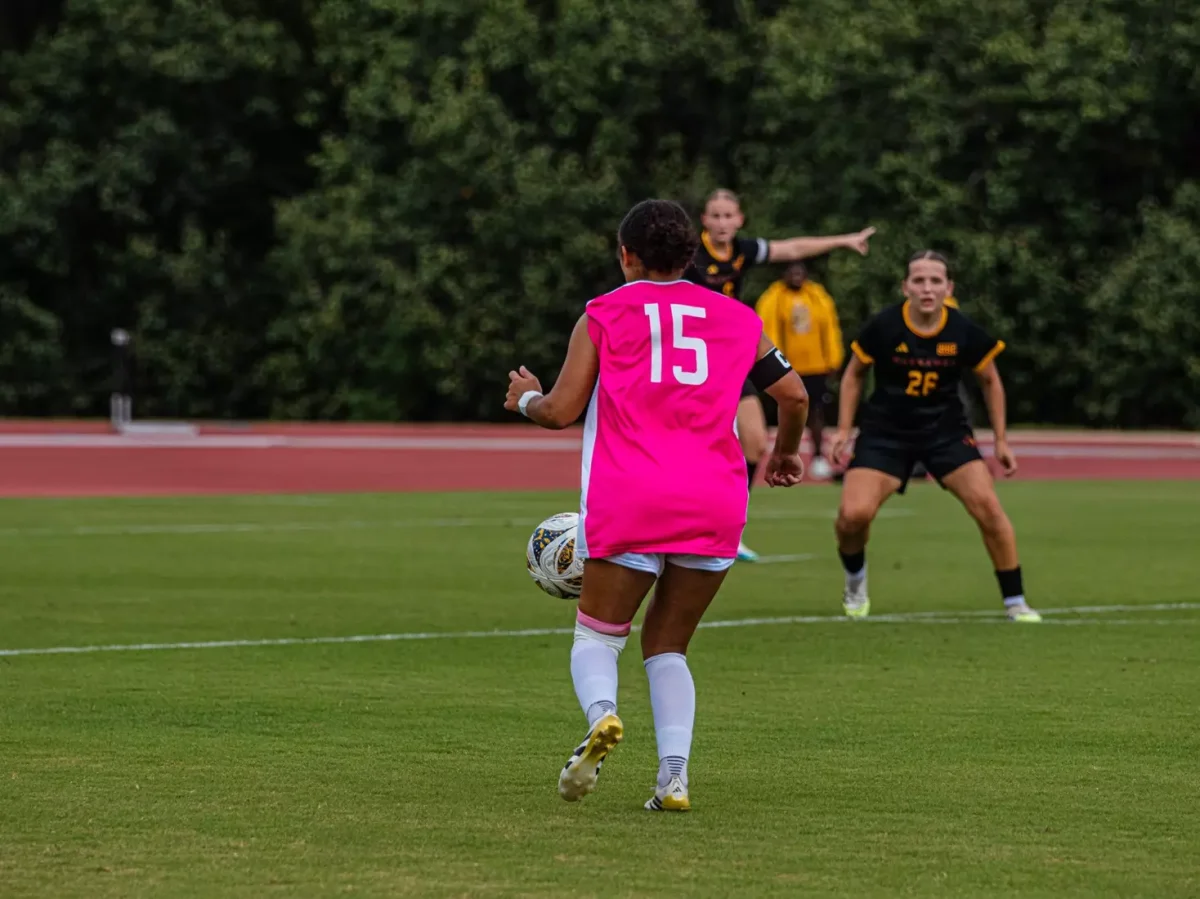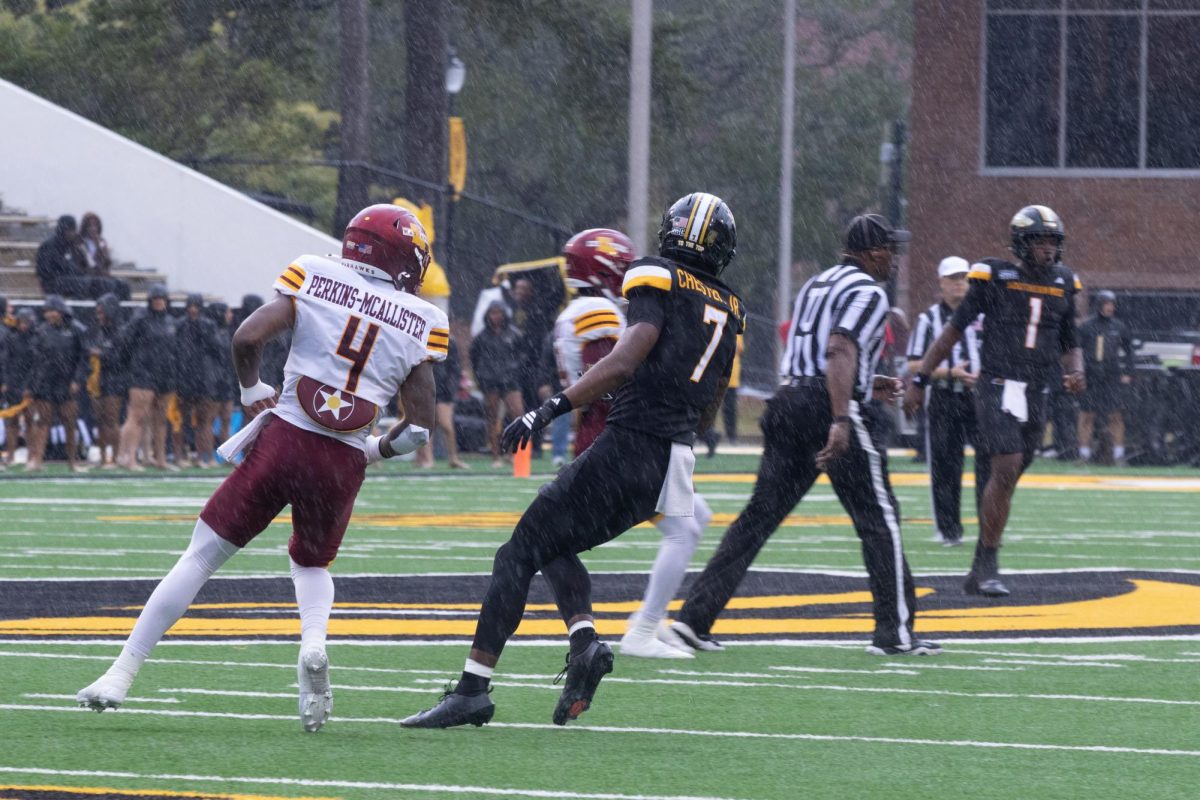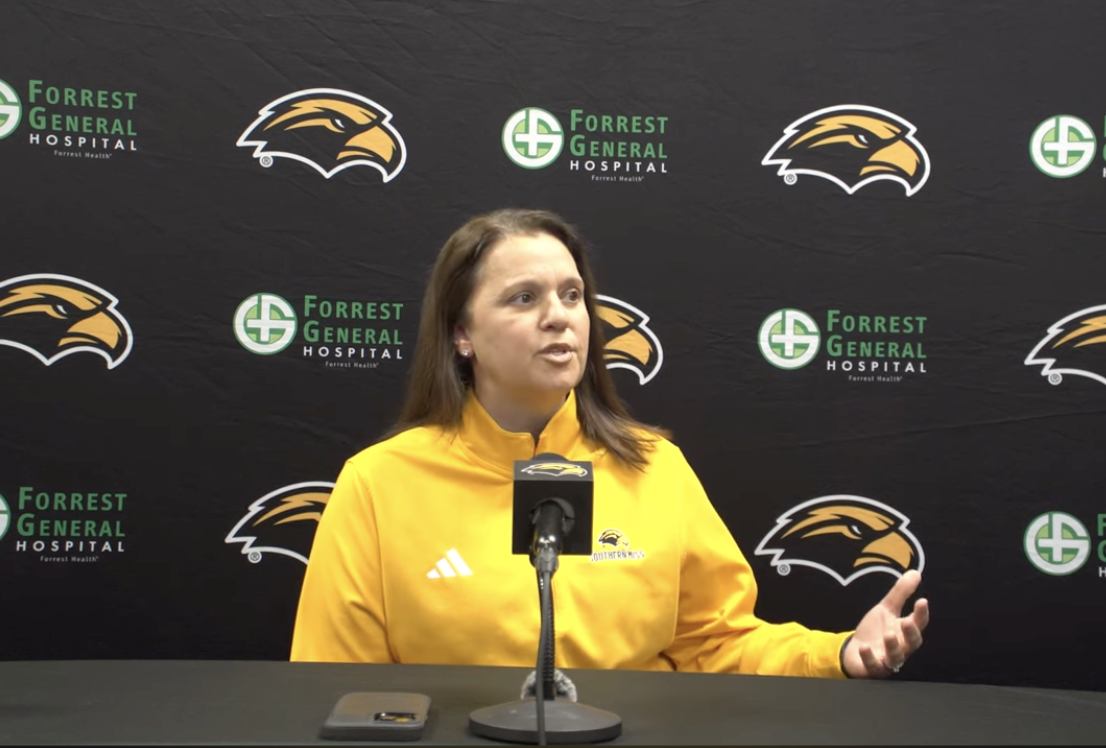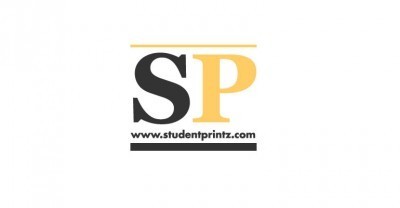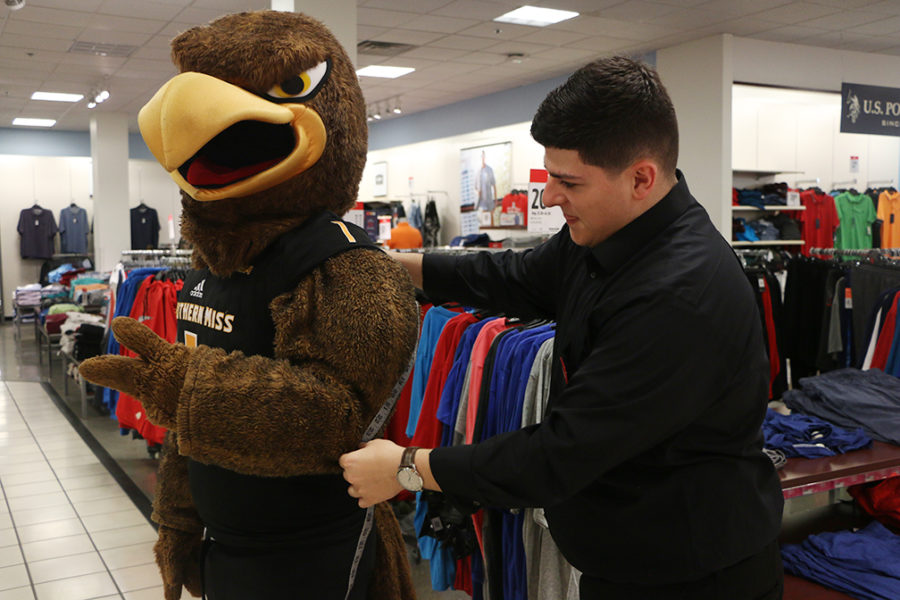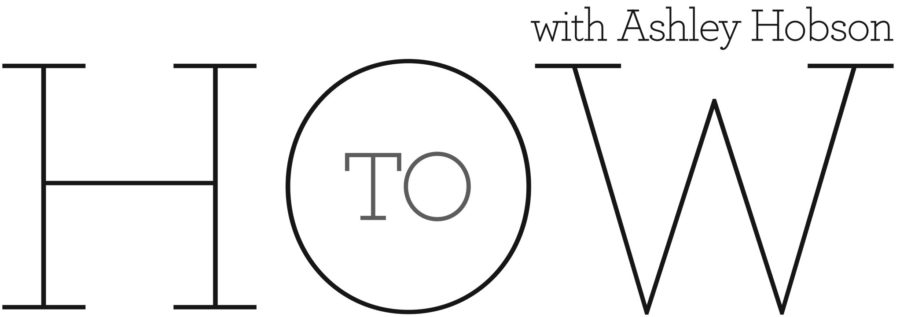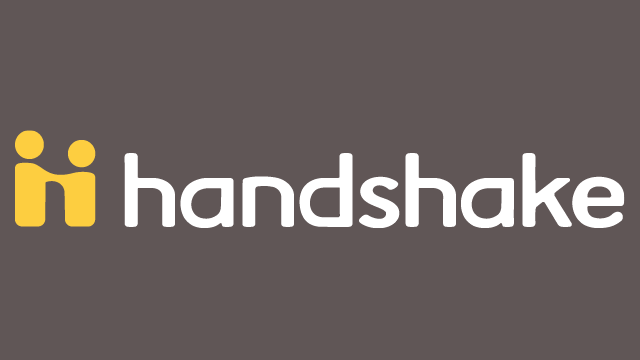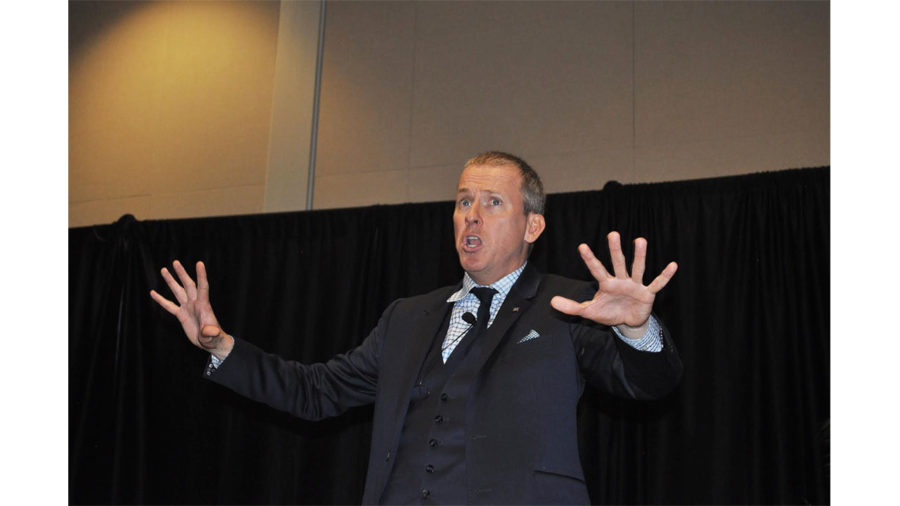Almost all college and graduate students ultimately aim to get into a graduate school, obtain a job and start a career. In the process of intense job seeking, students and graduates must dress to impress and know the walk and talk.
What intervenes with job interviews are the mistakes people make that may be detrimental toward their chances at landing a job.
According to Quint Careers, the biggest mistake in the interview process is lacking preparation. Sufficient time for job seekers to prepare for an interview is beneficial to the success of the interview. Interviewing is a skill that is learned and perfected through practice and round after round. Interviewees must realize that preparing for an interview can determine whether they get a job offer or get rejected.
“I have been asked ‘Are you married?,’ ‘Do you have children?,’” said Mindy Waldrop, graduate career counselor of Career Services. “I’ve been in an interview where they have asked pretty specifically about religious beliefs and if I was okay with prayer in the office.”
Waldrop said employers sometimes ask interview questions that are “off the record.”
“As someone who works in Career Services, I want students to know that if that makes you uncomfortable, that’s not a place you want to work anyway,” Waldrop said.
Many students will say or do anything to land their dream job or get into their dream school.
“Students so focused on getting into grad school aren’t seeing the red flags,” Waldrop said.
There are essential tips and skills to increase a person’s success in an interview. Through experiences of acceptances and rejections, professionals have come up with conventions that dictate what one should and should not do in an interview.
According to U.S. News, the most common types of interview questions are: “Can you tell me a little about yourself?” “How did you hear about the position?” “What interests you about this job?” “Why do you want this job?” and “Why should we hire you?”
Interviews, whether in person, via video chat or on the phone, can last anywhere from 10 minutes to multiple meetings over the course of several days.
An important aspect of the series of interview questions is the last one: “What questions do you have for me?” Some interviews incorporate those seemingly odd questions to which there is no wrong or right answer.
“There isn’t really a right or wrong answer,” said Assistant Director of Career Services Kathy Killam. “It’s really more of how you answer. It’s okay to take a moment to think about it when you’re asked a question.”
Do expect to be treated appropriately, however. This includes being asked particular questions that may deal with personal contents or opinions.
Killam said students who have received help from Career Services have come back to report questions they were asked that should not be asked during interviews.
“Some things were asked about religion, family and age,” Killam said.
Some well-reviewed strategies and rules to interview preparation have been taught through experience. Dressing appropriately for the industry is a major key. Many professionals expect conservative wear that shows the interviewee takes the interview seriously. Personal hygiene and appearance should be immaculate.
Interviews give an impression of how the person would perform in a job. Timing is everything, and punctuality gives a major impression of the person being interviewed. Knowing the exact time and location of an interview is understood to be important. A person must consider the time it takes to commute to the location and prep upon arrival. Arriving at least 10 minutes before the interview’s start time should set a person up for timely success. Being well-mannered and respectful can make a big impression. The interviewee and the job place’s workers will inevitably run into each other, and maintaining courtesy and kindness will ensure positive opinions of the interviewee.
An interviewee is recommended to have a firm handshake, strong eye contact and calm facial expressions when greeted by the interviewer. Getting nervous, however, is only natural.
“When I’m nervous, I take deep breaths and try to relax,” said senior medical laboratory science major Julia Long. “I think about what may happen or go wrong and block those thoughts in my head. I walk around a little bit for some fresh air and pray.”
According to Respectful Workplace, addressing someone byhisorhernameisoneofthe behaviors that people said were most likely to make them feel respected in the workplace. Also, using formality by acknowledging an interviewer by title and last name is a way to make interviewers feel respected. Interviewers urge people going into an interview to sit still and avoid fidgeting and slouching. Moving too much signifies restlessness and unprofessionalism.
“Honestly, I usually don’t prepare,” said sophomore nursing major Lizzie Lyle. “I usually just look nice, take a shower at least, and then I put some semi-business clothes on. I totally feel nervous, but it’s the norm to be anxious about that kind of stuff.”
Having intelligent questions prepared to ask the interviewer is a way to leave one’s mark. Having done research about the employer in advance and asking questions is a sure way to show strong interest in the organization.
“You have to know information about what you’ll be interviewed on and the job,” Long said. “Make sure you have questions prepared as well.”
Avoid making negative comments about one’s self or anyone else. Never input false material on an application or speak falsely in an interview. Giving the impression of interest only in salary is a dead end for that job or position.
Career Services at Southern Miss is a team of professionals that offer career tips and counseling to students. The team guides students on the path to finding jobs that lead them into their careers. Services in the McLemore Hall office include résumé building, cover letter writing and critiquing, interview practice and help with job searching.
Killam said a possible cause of interview anxiousness is partially the fear of the unknown.
“A lot of people don’t like to have those one-on-one conversations,” Killam said. “It should be a dialogue and not just a monologue where just the interviewer is asking questions, because in most cases, students need to be considering if that’s the right position for them as well so they should be asking questions. It should be a two- way street.”
Sometimes, the interviewer does not know what he or she is doing. Interviewees must realize that if anything goes wrong, it may not be completely his or her fault.
“Some employers don’t check your references,” Long said. “Employers shouldn’t do group interviews. It doesn’t have a good effect on whether this person was a good candidate, but I guess they do it because they want to see who is a good candidate and team player.”
Students and graduates trying to find jobs believe employers need to change a few things about the way interviews work.
“Check people’s social media,” said sophomore medical laboratory science major Sara Kidd. “It sounds funny, but you have to check their social media because they give you a whole different personality than what they portray on social media, so you have to factor that in when you’re hiring people.”
Freshman education major Lauren Parker said she is going to be a camp counselor this summer.
“I decided I was going to apply for the job the night before the interviewers came to town, so I didn’t really prepare for it,” she said.
“They asked me my experiences with kids and my stances on controversial stuff,” Parker said. “I think employers shouldn’t ask you really personal stuff, and that was a really personal interview because it is a Christian camp. I was asked about my stances on alcohol and sex-related questions. No other interview could get away with asking that kind of stuff.”
Just as every person is different, every interview is different for each job. For that reason, there is no right or wrong way to complete an interview.

